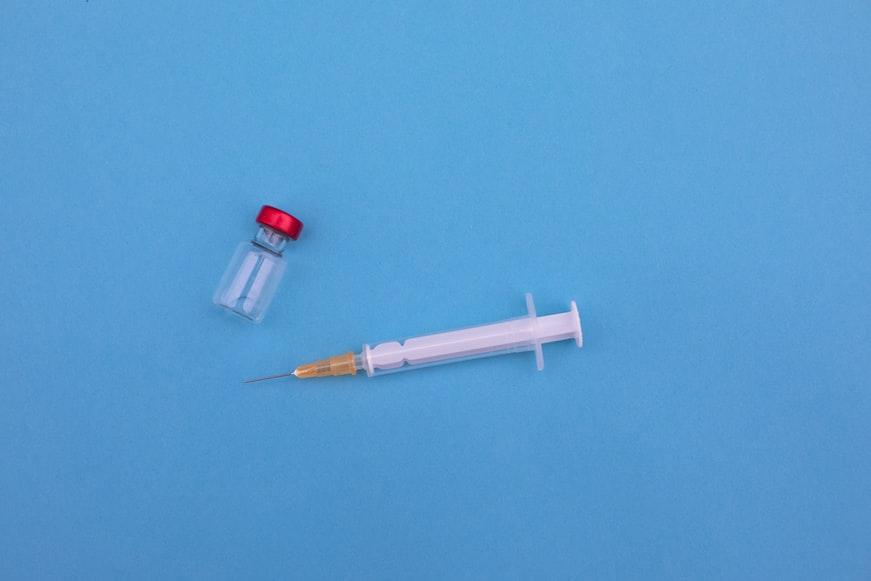According to a recent CNN.com health report, FDA advisors voted unanimously to recommend a booster dose of the Johnson & Johnson vaccine at least two months after people got their first dose.
For some time now, people have been talking about the possible benefits of a Johnson & Johnson booster shot for the Coronavirus vaccine.
According to reports, Johnson & Johnson says that their studies have shown that boosting with another dose of their vacccine two to six months after the first dose can bring their vaccine effectiveness up to 94%.
Vaccines are all over the news right now, partly due to discussions about mandates. But this sounds like positive news for people who’ve been hoping for a J&J booster shot.
Interestingly enough, they say that this effectiveness also doesn’t wane over time in the same way that the Pfizer vaccine effectiveness does.
On the flip side, it’s also true that the Johnson & Johnson vaccine hasn’t been shown to be quite as effective as the Moderna or Pfizer vaccines.
One of the reasons for why there’s been so much talk about a Johnson & Johnson booster shot is because the J&J vaccine has been shown to have a real world efficacy of somewhere between 50% and 60%.
This is much lower than the efficacy of the Pfizer or Moderna vaccines, which use a different technology than the Johnson & Johnson vaccine.
Members of the FDA’s Vaccines and Related Biological Products Advisory Committee voted 19 to 0 to recommend the extra dose of the Johnson & Johnson vaccine for people ages 18 and older after reviewing the data.
Some doctors have said that they thought the J&J vaccine should have been considered a two dose vaccine right from the start. However, due to the technology used within it, there were doubts about whether or not a booster would even be effective—due to the antibodies that would be present in the body after the first vaccine dose.
But according to studies, this didn’t turn out to be an issue.
In fact, it turned out that a booster really boosted the effectiveness of the vaccine.
In the past, the Johnson & Johnson vaccine came under fire for a rare blood clotting side effect.
The side effect tended to be more common in young women, and was associated with the Johnson & Johnson vaccine.
However, it’s also important to note that this side effect is extremely rare.
There was even a short period of time where the Johnson & Johnson vaccine rollout was paused to examine the side effect risk further.
But it was determined that the side effect risk was so low that it shouldn’t impede the rollout and the protection that the vaccine could provide for users.
At the end of the day, the message seems to be pretty clear here.
If you’ve already gotten the Johnson & Johnson vaccine, you’ll likely soon be able to follow it up with a booster that will boost its effectiveness up to 94%, giving you even more protection against the Coronavirus.
